This article was sparked by a flurry of emails I got recently asking me, as a Council member, to be sure mask-wearing wasn’t made mandatory.
Please note this article was re-written in part after a reader pointed out I was wrong to say mask wearing wasn’t currently required. It is. My apologies for the mistake! I’ve been wearing a mask since long before the State made it mandatory, and would’ve continued to do so even if they hadn’t, so I lost track of the new requirement.
I appreciate concerns about face masks being mandatory in most public situations. If nothing else it feels like an infringement of personal rights.
However, constraints on how we interact with each other are key to maintaining a stable, healthy community. Much of government involves figuring out how a very large number of individuals can live together and interact with each other, reasonably safely, to their mutual benefit. Rules involving mask-wearing in the midst of a pandemic fall into that category.
The State has mandated people wear masks while outside their homes in most circumstances. You can read the details at https://covid19.ca.gov/masks-and-ppe/, and the tweaks — they’re few — specific to San Mateo County here.
But the more general question posed by the emails is why such a step was taken when there may be conflicting evidence1 about the value of mask-wearing.
Good public decisions should be made based on data, ideally the best data available, and with a full understanding of what the data means. Unfortunately, as much as we’d like to know everything there is to know about a situation before enacting laws, in practice that’s almost always impossible. We generally must make decisions based on limited, and often conflicting, information.
The current ability to learn everything there is to know about any topic one becomes interested in – thanx, Internet ????! – is great. But it highlights something most people have little experience with: data is important but it doesn’t mean much without a theoretical framework around it to explain it. Objective data is the starting point for making good decisions. But it rarely enables good decision-making by itself.
Good decisions are made by understanding what the data means. That’s where expert perspective and input become so important. What you gain from experts that you won’t necessarily see in the data itself is a framework, a theory, that explains why the data is the way it is, and what you can do in response.

My favorite example of this involves Albert Einstein. The data on which the special theory of relativity is based2 was observed in 1887…18 years before Einstein published his theory explaining it. And incidentally totally revamping our understanding of the physical world.
Physicists weren’t twiddling their thumbs for those 18 years. They were working hard to figure out how to shoe-horn the new data into their existing understanding of the way the universe worked. But most of what they came up with was wrong and none of it explained things the way Einstein did, whose new and better fundamental theory had far-reaching implications and opened up the doors to a range of previously unanticipated possibilities.
Good data without a theory is interesting. Good data explained by a good theory can change the world.
So if you’re an elected official how do you judge theories, particularly new ones, outside areas of your own expertise3? For me, and I believe almost every other such official, you start by asking some simple questions:
- Who’s doing the various analyses?
- What are their credentials and experience in the field of study?
- What is their track record in the field?
Answering these kinds of questions doesn’t guarantee you’ll choose to listen to the people who have the right answer. But the answers tend to weed out people whose conclusions aren’t worth incorporating in the decision-making process.
In the case of wearing masks I believe most public officials would tend to lean heavily on the Center for Disease Control, the World Health Organization, and experts in the fields of virology and epidemiology. I know I would.
Which is what my understanding is the State of California did. Was it a decision made with perfect data and full understanding of the way the Covid-19 virus operates? No, of course not. But that doesn’t make it a bad decision. In fact, I believe it was a good one, and probably one that should’ve been made earlier, given how case numbers are increasing.
I’m not sure I agree with this, but it was the assertion made in the emails. ↩
That was the first, and simpler, one. Interestingly, he did something even more amazing with the more advanced general theory of relativity. Which is based on an observation anyone who has ever been in an elevator has experienced but took an Einstein to realize it might mean something very important. ↩
which, generally, is almost everything that comes before you ↩

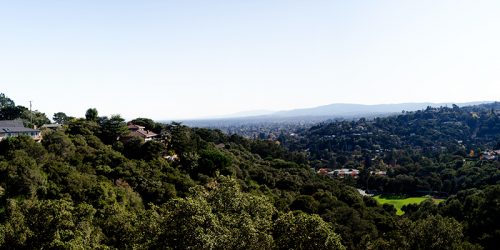
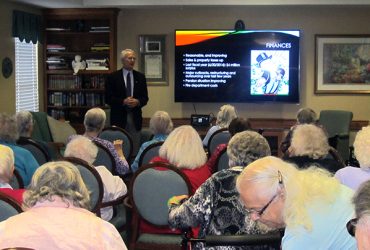
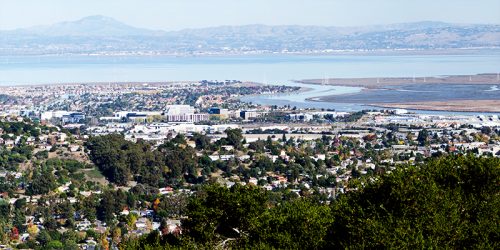
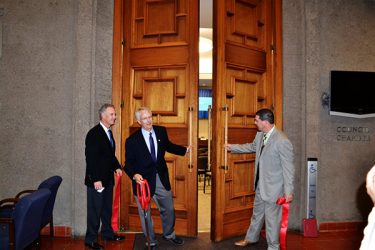
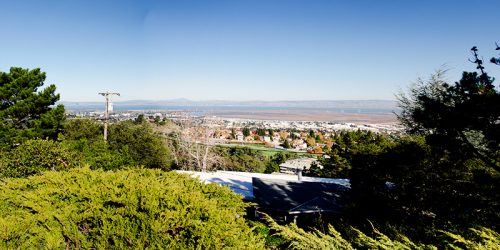
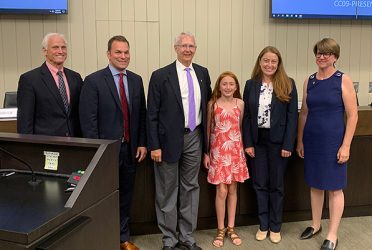
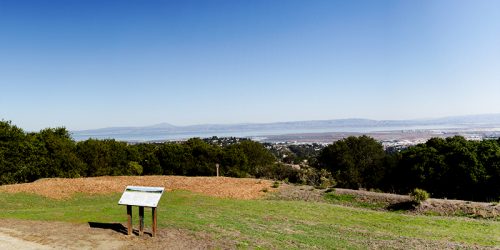
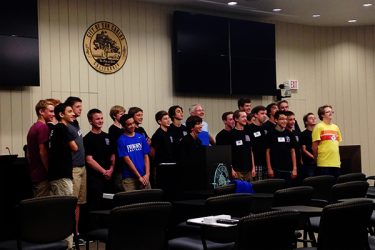
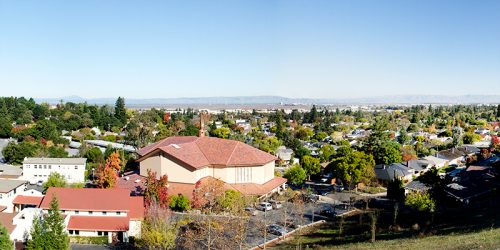
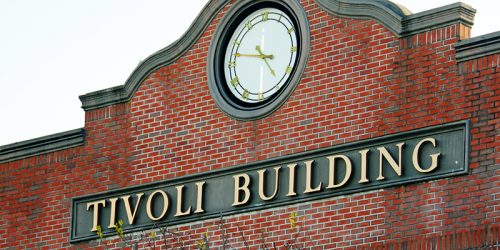
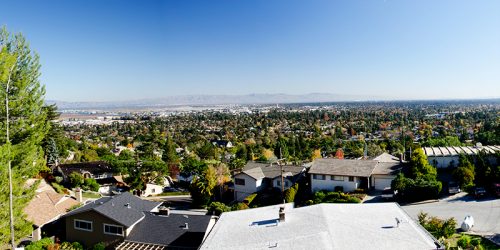

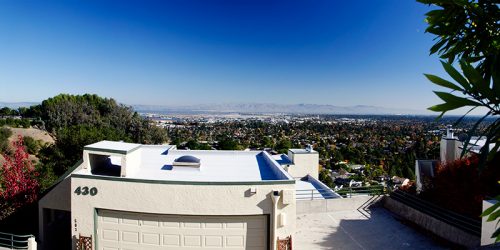
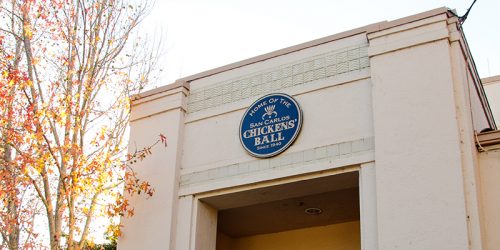
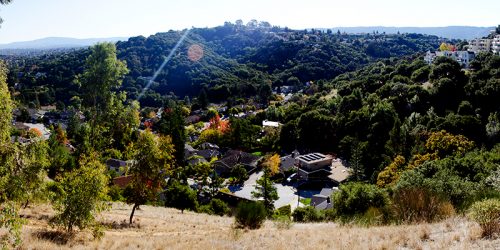
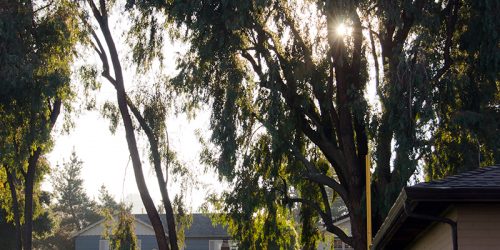


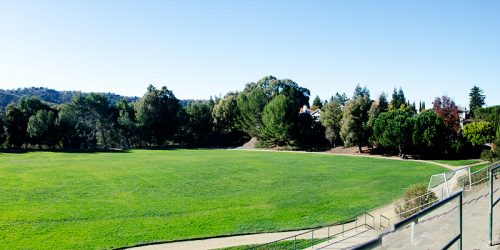
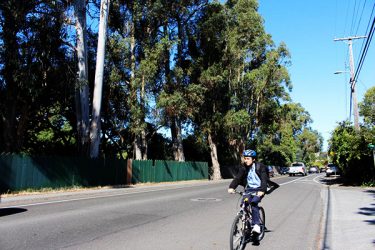

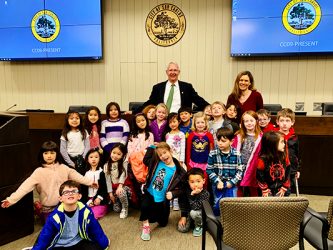
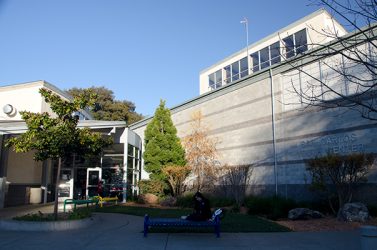


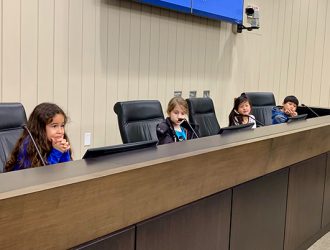
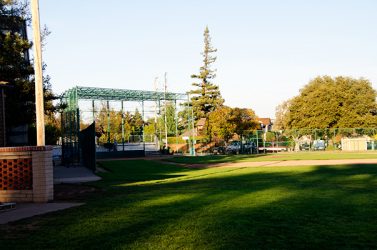

1 thought on “The Wearing of Masks and Decision-making”
Thanks for your articles Mark, I appreciate your measured approach and pointing out the obvious conflicts between personal rights and social responsibility. Right now we have people who want all the rights, without any responsibilities. There is always a tension and balance between personal liberties and social responsibilities.
Other examples of the government trampling my rights to be a jackass whenever I want- it’s illegal to drive drunk. I’m required to wear seatbelts when driving. I’m not allowed to shoot guns off my deck. I can’t go into a restaurant without a shirt or shoes. I know a mask is just such a terrible burden by comparison.
I’m hugely disappointed in people who argue against wearing masks. It shows a complete and utter disrespect for the people around them. Wearing a mask shows that you care about people like cashiers, waiters, grocery store clerks, delivery people- everyone who helps you. Show some respect.
-bryan